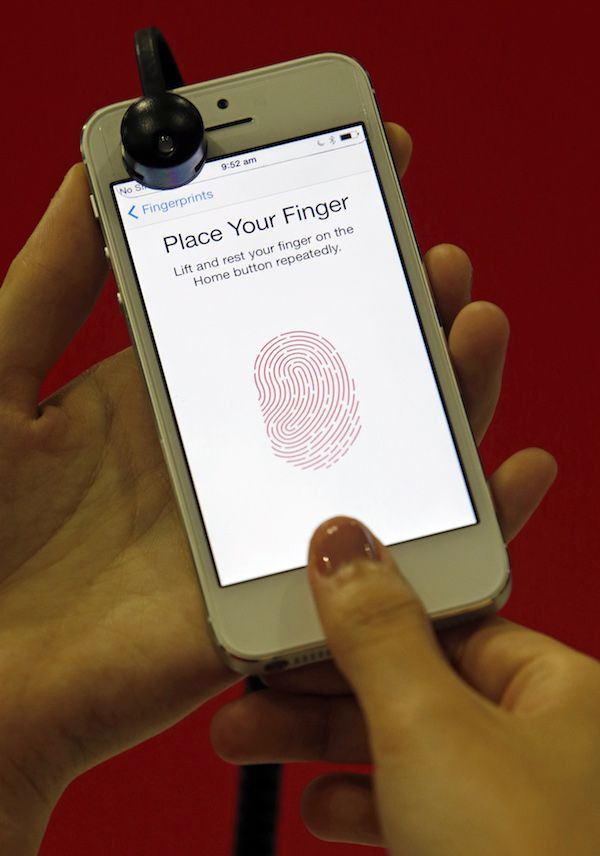Dead Man’s Finger Used By Florida Police To Try To Unlock Smartphone

Florida police reportedly tried to unlock a dead man’s smartphone using his finger. The attempts were unsuccessful, but the episode raises ethical and legal concerns.
The Tampa Bay Times reported how Largo detectives visited a funeral home to use 30-year-old Linus F. Phillip’s finger to unlock his smartphone. Phillip was fatally shot by Largo police following a police stop last month when he attempted to drive away while one officer was caught halfway out of the vehicle.
According to Phillip’s fiancée, Victoria Armstrong, two police officers went to the Sylvan Abbey Funeral Home in Clearwater to visit Phillip’s corpse. They showed up with Phillip’s phone and attempted to unlock the device by holding the dead man’s hands up so his finger could touch the phone’s fingerprint reader.
“I just felt so disrespected and violated,” Armstrong told reporters on how she felt after seeing the incident. What the detectives did also did not sit well with Phillip’s family.
“While the deceased person doesn’t have a vested interest in the remains of their body, the family sure does, so it really doesn’t pass the smell test,” professor and director of the Center or Excellence in Advocacy at Stetson University College of Law Charles Rose said. “There’s a ghoulish component to it that’s troubling to most people.”
Lt. Randall Chaney said the attempts made by the officers were unsuccessful. He also confirmed that the police only wanted to access Phillip’s phone to help in the investigation regarding his death and to investigate a separate inquiry that linking Phillip's to a seperate drug investigation.
Meanwhile, it was revealed that the detectives who visited Phillip’s corpse did not have a warrant. Lt. Chaney maintained that they didn’t think they would need one because there is no expectation of privacy following death.
Legal experts believe there is no need of a warrant to unlock a smartphone using the fingerprint scanner when the subject is deceased. But doing so, as in Phillip’s case, raise ethical and legal questions on data security - increasingly common since advanced biometric systems were introduced to smartphones.
The model and brand of Phillip’s phone was not disclosed. Apple’s smartphone is the most widely-adopted handset with fingerprint-unlocking technology. Touch ID only allows five attempts to unlock an iPhone using a fingerprint, then the system would require a password if all attempts were unsuccessful, as pointed out by Apple Insider. Other phone models also have a fingerprint biometric security feature. Samsung’s mid-tier to high-end Galaxy phones, Google’s Pixel handsets, LG’s devices and many more also have fingerprint-unlocking technology.
© Copyright IBTimes 2024. All rights reserved.





















